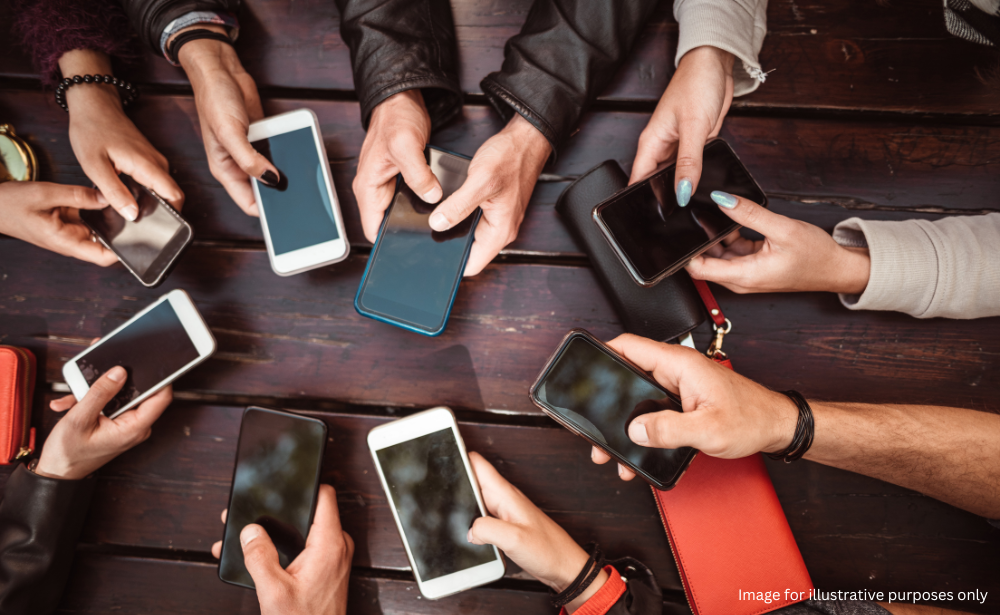A new study published in the International Journal of Data and Network Science examines the relationship between cyberloafing activities and social media addiction among netizens. The research, conducted by a team including Jun Ying Chew from SEGi University, utilised Uses and Gratification Theory (U&G) to analyse data collected from 318 respondents.
The study found that two cyberloafing activities, namely real-time updating and sharing, significantly impact social media addiction. However, other cyberloafing activities such as accessing online content, gaming, and shopping were not found to be contributing factors.
These findings suggest that engaging in real-time updating and sharing on social media may be particularly addictive, potentially leading to negative consequences for individuals and society. The study also highlights the need for further research to investigate the underlying mechanisms behind this relationship and to develop strategies to address social media addiction and cyberloafing among netizens.
The research team believes that their findings can be used to help students and employees become more aware of the symptoms of cyberloafing and social media addiction. Additionally, the study can provide guidance to government agencies like the Malaysian Communication and Multimedia Commission (MCMC) in developing strategies to address addiction among netizens and youth.
Overall, the study contributes to the growing body of research on social media addiction and its impact on individuals and society. By understanding the factors that contribute to social media addiction, researchers and policymakers can develop more effective interventions to address this issue.
This initiative aligns with the United Nations Sustainable Development Goals, specifically:
- SDG 3: Good Health and Well-Being
- SDG 9: Industry, Innovation, and Infrastructure
- SDG 11: Sustainable Cities and Communities

